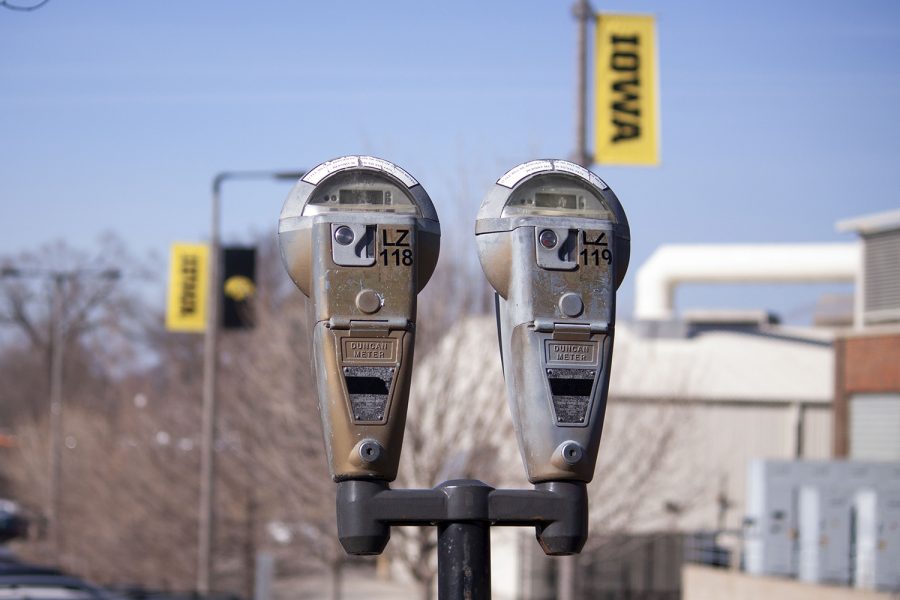In the midst of its push for sustainability, the University of Iowa received a disappointing score on the College Sustainability Report Card. But some university officials nationwide are questioning the validity of sustainability-evaluating organizations.
The UI scored a C minus in the report — the lowest in the Big Ten. The University of Minnesota had the highest ranking in the conference with an A.
Out of nine categories, the UI only received an A in investment priorities. The school had Cs in a majority of the categories, including administration, and two failing grades in endowment transparency and shareholder engagement. This means the institution doesn’t publish online information on its endowment, said Christina Billingsley, senior research fellow from the Sustainable Endowments Institute, which published the report. That makes it difficult for people to know where they invest money.
"Money, instead of going to a private-sector organization, could go to renewable-energy projects and in support of sustainable businesses," she said.
But Liz Christiansen, the director of the UI Office of Sustainability, disputed the results, saying the UI had chosen not to participate because of time and resources and therefore didn’t submit information the group would have needed to draw an accurate conclusion.
"Frankly, I did not see any value," she said.
The rating was in contrast to other sustainability awards the UI has received such as a recent mention in the Princeton Review as one of the top green schools in the nation.
"Our work and our progress and our awards speak for themselves," Christiansen said. "The fact that our sustainability activities are increasing while the grade from this organization is decreasing should tell you that their review must be cursory."
She isn’t alone with her concerns.
Several public and private universities signed an open letter this July to sustainability evaluating organizations suggesting eight principles to create a finite set of evaluating procedures — including using uniform metrics and permitting schools to opt out.
Allowing schools to not participate was part of the report methodology, Billingsley said.
"It would be a privilege to pull out and we’re trying to make this report as fair as possible," she said.
Billingsley said the institute drew from public records such as press releases. The institute isn’t concerned about the report accuracy when administrations don’t reply, Billingsley said.
"If a university does not want to open, we just use the data that are publicly available," she said.
But she said a school could score higher in certain areas with full university cooperation.
Christopher Page, the sustainability initiatives director for the UI Student Government, said he could not speak about the accuracy of the report but found the ranking a "disappointment."
He said the university was undertaking a lot of efforts.
"We need to just make sure we’re doing everything possible to go green," Page said.






